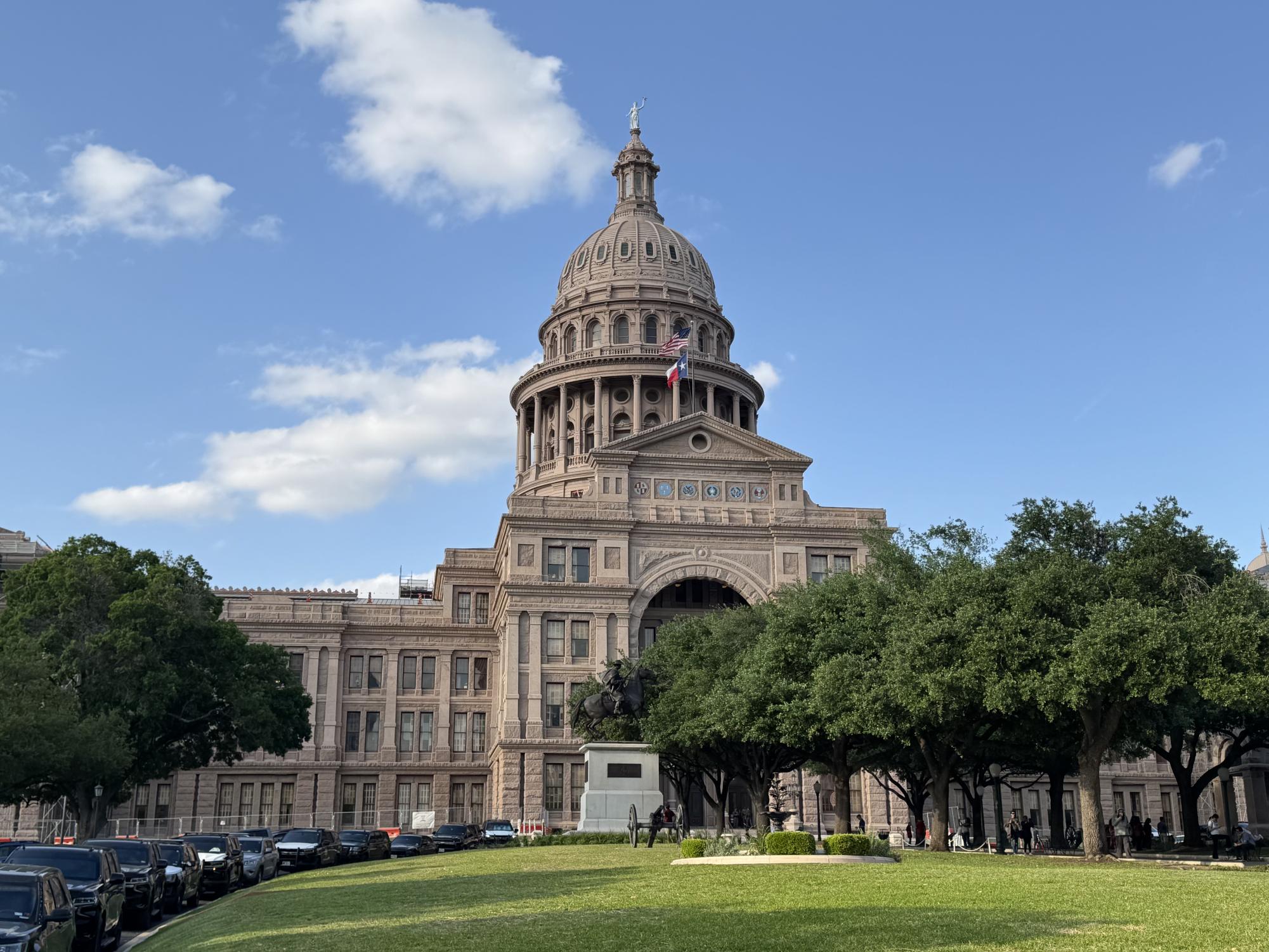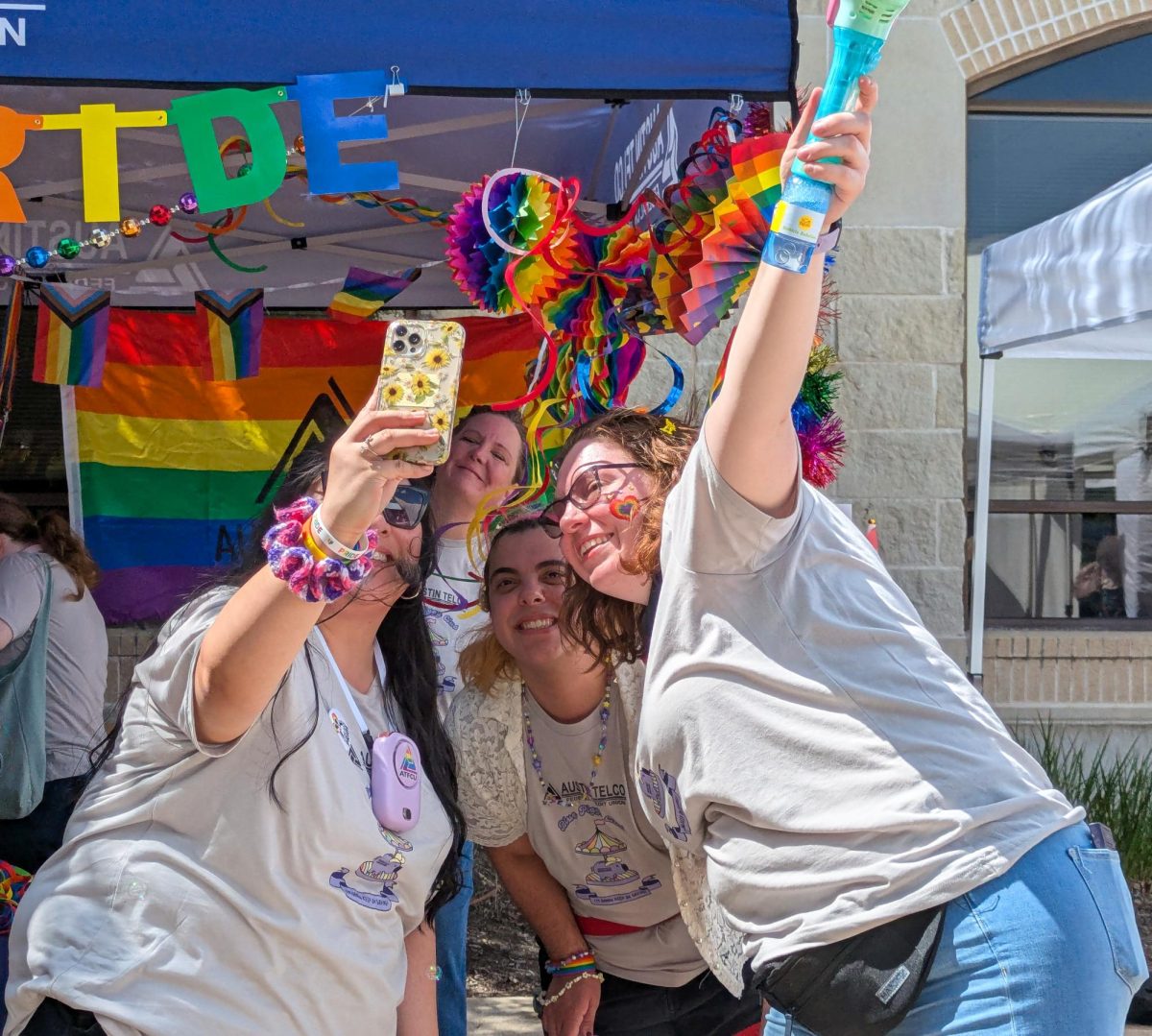As the new presidential term began, the Texas Senate passed Senate Bills (SBs) 10-13 in March, which have since made their way to the Texas House of Representatives. All four of these bills are striving for significant change within Texas schools. Much controversy has arisen regarding the enacting of these bills. The 2025 Texas SBs 10-13 are as follows:
- SB 10: Requires the display of the Ten Commandments in every elementary or secondary school classroom.
- SB 11: Allows school districts and charter schools to adopt a policy permitting students and employees to participate in prayers and reading of the Bible or other religious text.
- SB 12: Prohibits Diversity, Equity, and Inclusion (DEI) initiatives in K-12 public schools.
- SB 13: Gives parents control over the school district’s library materials that are available to students.
SB 10 passed the Texas Senate on Wednesday, March 19 with a 20-11 vote. While some see it as a way of promoting faith in school environments, others see it as an infringement upon the Establishment Clause of the First Amendment, which establishes freedom of religion. In fact, a case like this was brought to the Supreme Court in Stone v. Graham (1980), in which the Supreme Court ruled this law of displaying the Ten Commandments in every public classroom as a violation of the Establishment Clause of the First Amendment. However, looking at a more recent case in Texas, Van Orden v. Perry (2005), the Supreme Court ruled that the depiction of the Ten Commandments in one of Austin’s public parks did not violate the Establishment Clause.
“This bill doesn’t follow our First Amendment, and the Supremacy Clause in the Constitution says that the federal law is supreme over state law,” Government teacher Ms. Virginia Dixon said. “Because of that, the First Amendment is paramount. Posting the Ten Commandments is not honoring all the students’ different religious and spiritual beliefs.”
Following the passage of SB 10, SB 11 was passed. SB 11 allows prayers in public schools, but takes into account students of different religions by allowing them to opt out. SB 11 was passed with a stronger majority than SB 10, with a vote of 23-7. During debates over the passage of this bill, the decision made in Kennedy v. Bremerton School District (2022) — the Kennedy decision — and the Lemon test were used as foundational arguments. The Kennedy decision deemed that a coach can privately pray after football games, shifting away from the traditional Lemon test. The Lemon test, which is usually a legal guiding principle, prohibits the government from advancing a religion. The Kennedy decision did allow a coach to pray privately and hence was argued to be relevant in terms of allowing prayers in school for anyone.
“Senate Bill 11 sets a dangerous precedent that Christianity is going to be forced on the people,” Brijnandan Saranu ‘27 said. “It said [the bill] would be a policy requiring Bibles to be distributed and for prayers to be done, which is inherently unsafe because there [are] all sorts of people in America, and there’s a lot of people who aren’t Christian.This makes it feel like they’re being denied their faith, which leads to lower morale, and it’s straight up violating their freedom.”
SB 12 was passed by the Texas Senate with a 20-11 vote. This bill prohibiting DEI would apply to hiring and employment decisions as well as student organizations. For example, student organizations that primarily focus on race, gender or sexual orientation, such as Gender-Sexuality Alliance (GSA) and Black Student Union, could face a complete ban. Debates over how this is going to change schools were intense from opposing sides in the senate.
“The job of the education system is to prepare students for a successful life,” Vedant Desai ‘26 said. “You’re impacting the very future of America [by implementing DEI initiatives]. You have to have the best teachers possible. DEI has its place. You want equity and you want inclusion. Education is not that place.”
Under SB 13, school library advisory councils consisting mainly of parents would be created. The power that librarians currently have would be shifted to parents. These advisory councils would get to choose which books can stay in school libraries and which ones cannot. Library content that contains indecent and profane content would not be allowed in school libraries either under this bill. Another bill that has some relevance to SB 13 was House Bill (HB) 900, which prohibited materials containing sexual content from libraries. HB 900 was enacted in 2024, and this bill faced opposition upon its implementation. Georgetown High School, librarian Ms. Susan Cooper, spoke out against the passage of this bill and refused to remove the more than 150 books that were supposed to go. Georgetown High School threatened to fire her after her refusal to remove the books.
“[SB 13] will hurt morale,” Desai said. “It will be very demoralizing if half [of the librarian’s] job is gone, because they don’t have any decision-making power. A lot of the books that they are banning are against the LGBTQ [community] and against CRT [Critical Race Theory].”
Overall, these bills are sparking controversy. As of April 2025, all these bills have passed the Texas Senate and have been sent to the Texas House of Representatives. If enacted, the bills would take effect starting in the 2025–2026 school year. Students could see significant changes to their schools environments, such as stricter libraries and fewer DEI programs. Several opposition groups are exploring legal challenges while other opposers are finding ways to voice concerns in their school board meetings. These bills will be very important to watch in the next several months.









![Intensely concentrated, seniors Ari June, Christine Kim, and Sahana Suryanarayan collectively paint a portrait of Charli XCX's face. While painting, they shared stories about past experiences and bonded over similar interests in music. "I've definitely grown as a collaborator because in NAHS [National Art Honor Society], you're all growing together as artists and collaborators," Suryanarayan said. "The portrait helped me make room for others while painting."](https://westwoodhorizon.com/wp-content/uploads/2025/09/Edit_2025-09-02_NAHSMeeting_SophiaCortes-4-1200x800.jpg)











